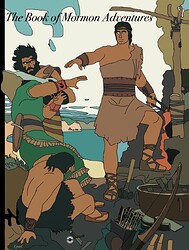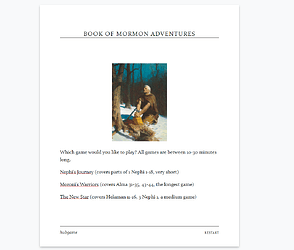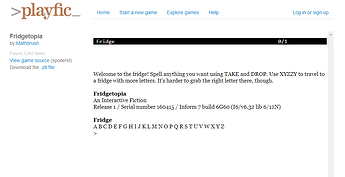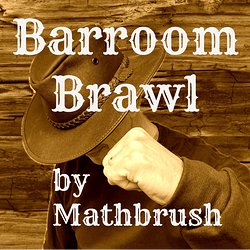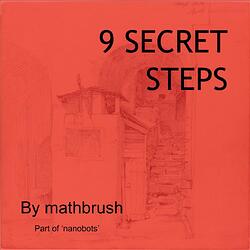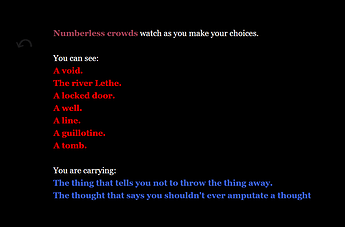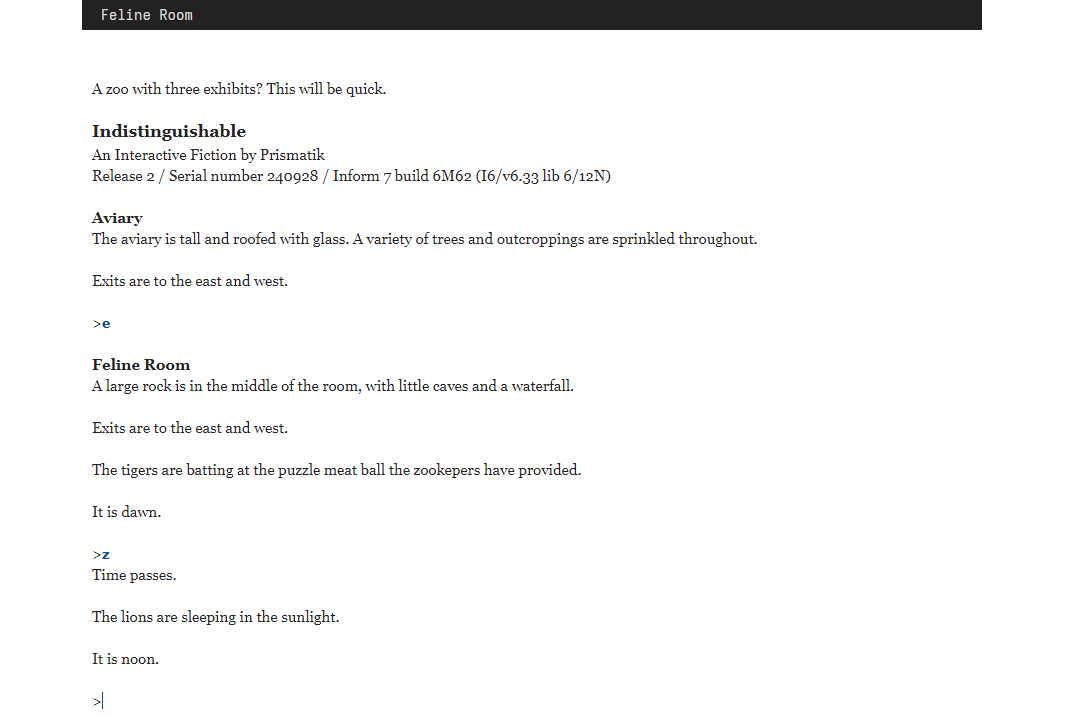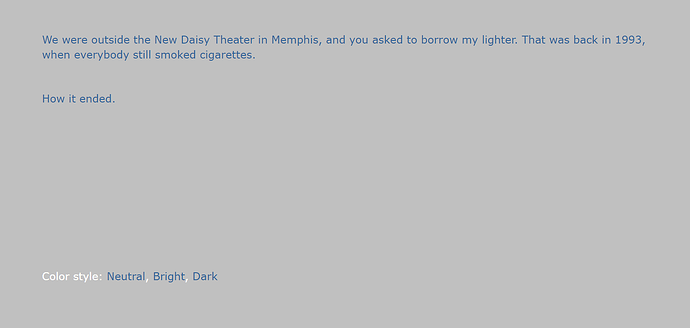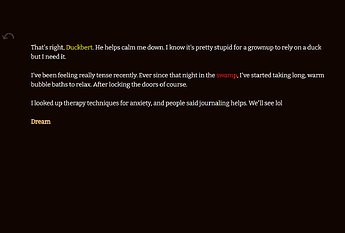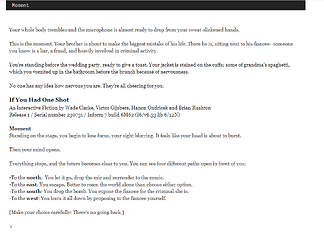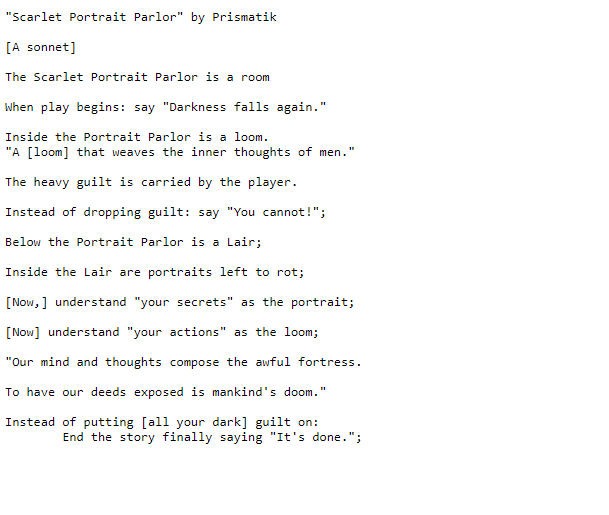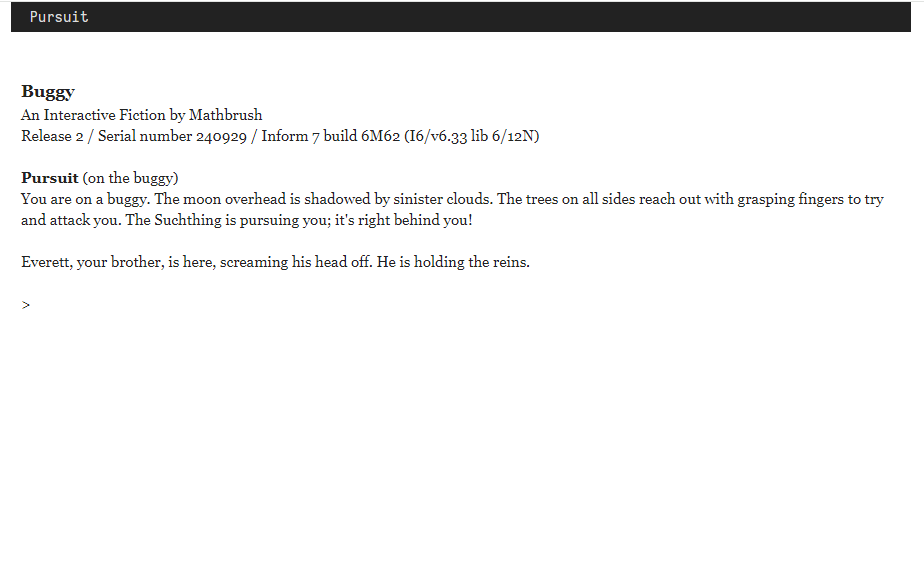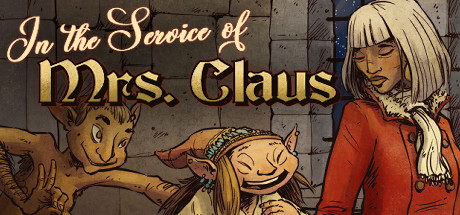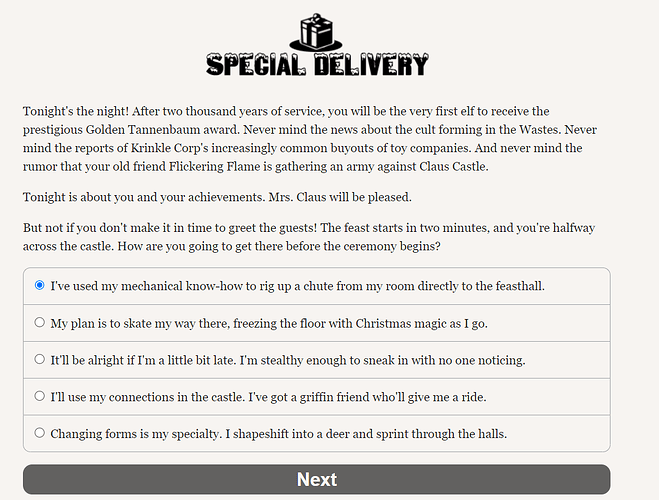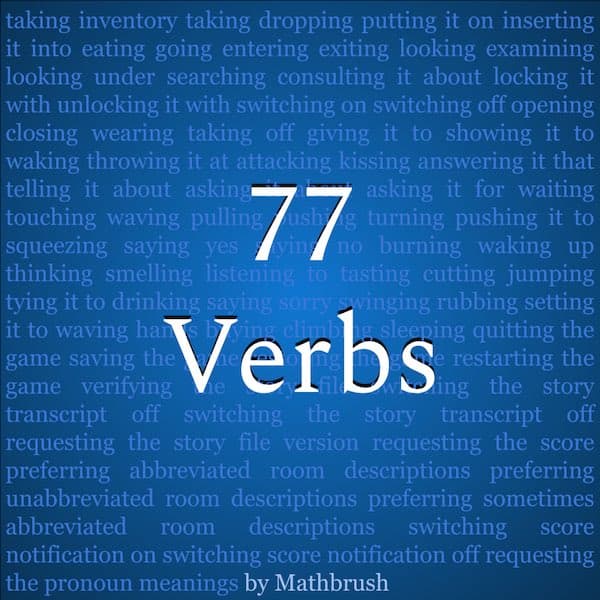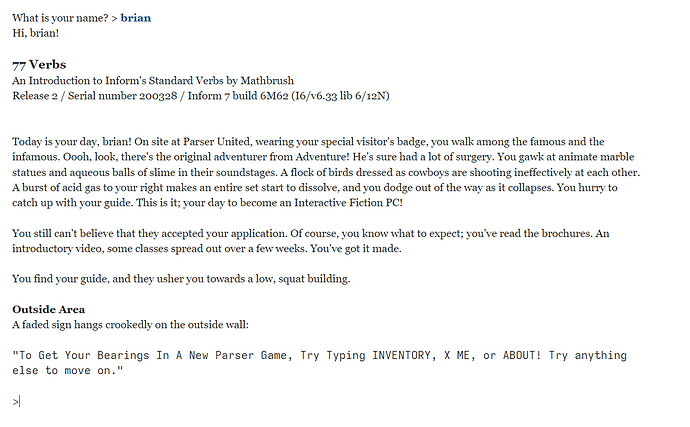This was the third game I ever made; I entered it into the Ryan Veeder Quadrennial competition, the very first one. It was designed with him in mind, what I thought he would find amusing, and it took 2nd place (with 1st place being Foo Foo, a fully-fledged amazing game that recently did well in the Free IF Playoffs).
The game was written really quickly. The idea is that you are a cowboy in a saloon and everyone starts fighting each other in randomized combat. If you survive the first melee, a giant cowboy called El Pollo Diablo comes and beats you up.
The ABOUT text mentions that you can KICK or PUNCH or try ‘smash’ attacks in different directions. Being inexperienced, I didn’t tell people how to do the smash attacks. I know how to actually do it, but when I played just now, I tried ‘SMASH EAST’ to see if I coded that, but I didn’t. Instead, you just type the direction you want to go.
The different smashes are all based on the direction you go, like ‘north’ freezing everyone and smashing ‘south’ kicking someone in the crotch.
I also added diagonal directions that lead to longer stories and end the game, like going ‘Northwest’ makes you get an education and leave it all behind.
Poking at the code, the game is a masterclass of mediocrity in terms of not telling the player what’s actually going on. It looks like kicks do 2 damage while punches do a damage equal to your ‘rage’, which starts at 1 and goes up every time you kill someone. You are healed when El Pollo Diablo appears, and it never mentions that.
I tried adding some pathos originally by having italic text about you feeling depressed when you’re dying. It doesn’t really match the tone of the rest of the game.
I also saw in the code that I implemented IN, OUT, UP, and DOWN, which I had forgotten about, as well as LEFT, RIGHT, and some code for FORE and BACK which didn’t quite work.
After writing this review, I edited the game to provide a few more details.
This was the second game I ever made, done for EctoComp. At this point, my whole goal in making games was to ‘fix’ things or do things no one else had done. For Ether, my first published game, I handled 3-dimensional movement.
For this game, I wanted to ‘fix’ conversation. I thought, 'Parser games are great at handling normal objects, with inventory, examining, handling, etc. but they’re bad at conversation. So I’ll make a system that treats conversation topics as inventory objects.
Unfortunately, I had a 3 hr time limit in which to create this conversation system and game (Ectocomp didn’t do 4 hrs until years later). So the game itself is pretty sketchy, with a cooler you can’t look inside of (but a friend can give you something out of). I think this was also written on Playfic due to my technology limitations.
Looking back, I think this is cute but clearly unfinished. I’d probably rate this a 2 or 3 if I were rating it (with 2 being more likely and 3 if I felt bad for the author).
The system though did exactly what I wanted, and all of my later ‘big’ games use it, like Never Gives Up Her Dead, Color the Truth, Absence of Law, and The Magpie Takes the Train. The only exceptions are Impossible Stairs (which uses Dialogue’s menus) and Grooverland (which uses traditional ask/tell). So the few little hours invested back in 2015 have born a lot of fruit!
It’s included as a 3-star example in my clues and conversations extension.
